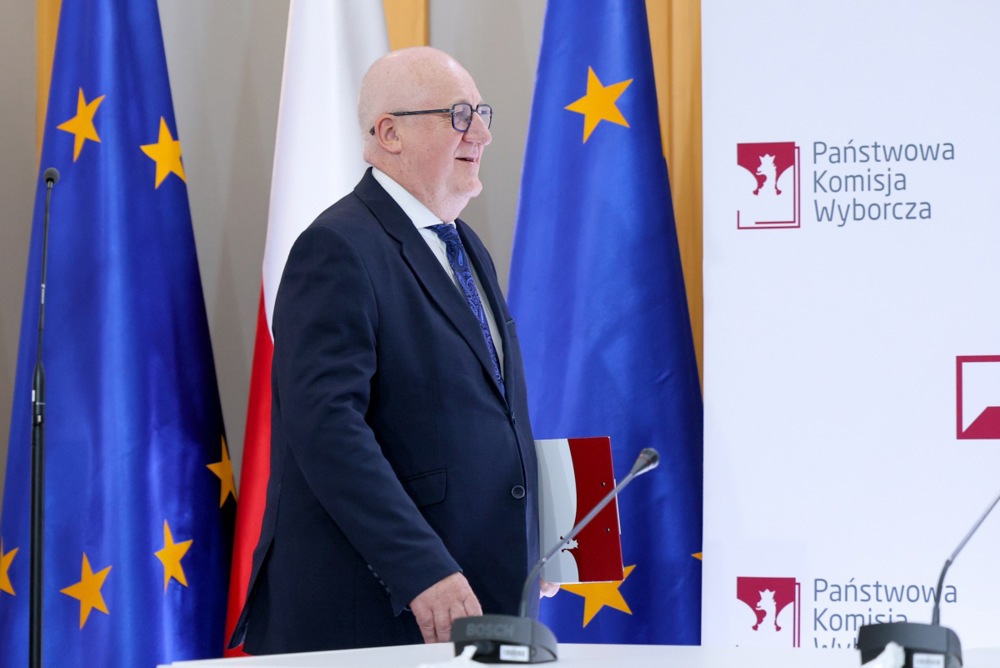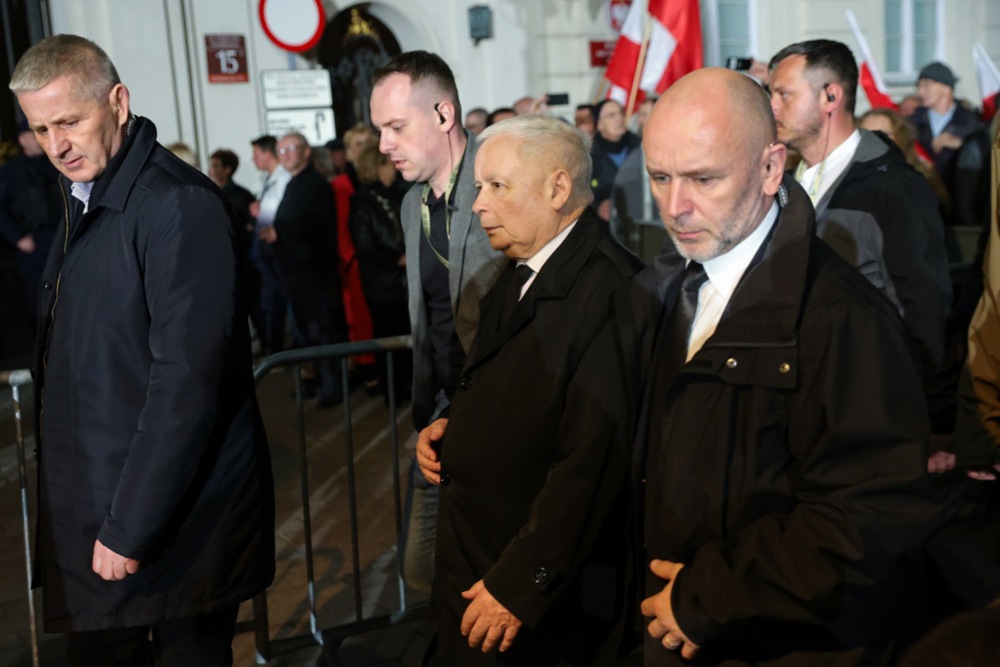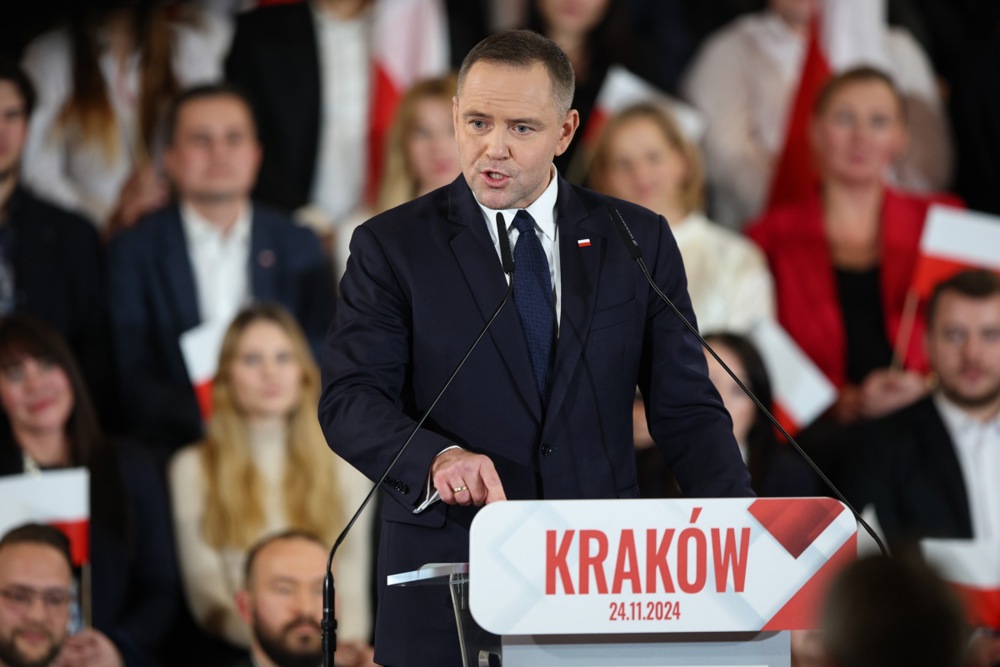Szymon Hołownia, the Speaker of Parliament in Poland, has issued a warning to the opposition-backing President Andrzej Duda, demanding the President’s backing for an electoral revamp ahead of the national ballot later this year.
On January 7, Hołownia said unless Duda supported an overhaul of the Polish election certification process, the upcoming presidential poll may have to be declared invalid by the government of Prime Minister Donald Tusk.
That was, he said, because of alleged problems with recognition for the chamber of the Supreme Court legally tasked with validating the election, due in May.
The government, having already refused a court order to pay out state subsidies due to the opposition Conservatives (PiS), has therefore made a thinly veiled threat to refuse to accept the election result. That would be on the grounds of non-recognition of decisions taken by a court the administration has alleged was improperly constituted.
The ruling majority has, though, giving PiS and its ally Duda an option to legislate for change in the way the court certified the ballot result so that all judges in the Supreme Court were involved and not just the members of the Supervisory Chamber.
“I appeal to the President for a compromise to be struck in the shape of him ceasing to insist on the Supervisory Chamber certifying the election and we, just this once, will compromise on the presence of judges appointed by PiS in the Supreme Court,” Hołownia told commercial radio RMF FM on January 7.
But the Speaker, who is planning to stand in the presidential contest, also said that should the election process be challenged and there be no “valid process” for the result to be certified, he might have to become “temporary head of state” after Duda leaves office in August.
The Polish Constitution states that, in the event of there being a vacancy regarding the president, it is the Speaker who performs the role of head of state until a presidential election can be held and its results certified.
The Supervisory Chamber of the Supreme Court is accused by the present government and the Court of Justice of the European Union (CJEU) of having failed the test of an independent court. That was on the grounds that its members were appointed by Duda on recommendation of the then-PiS parliamentary majority appointed National Judicial Council (KRS) in 2017.
But the proposal to by-pass the Supervisory Chamber of the Supreme Court has been deemed unacceptable by Duda, who would have to sign the relevant legislation into law. He said it questioned his authority to appoint judges and stated the ruling Tusk majority did not have the required 60 per cent of votes in parliament to overturn the President’s veto.
The PiS has already declared that it would not support the Speaker’s proposal in parliament. It said that the judicial reforms it had instigated were in line with the Constitution. That, it added, makes no mention of the way in which KRS members should be elected.
The Tusk government has blocked the payment of approximately €25 million in state subsidies to PiS. That was on the grounds of non-recognition of the Supervisory Chamber of the Supreme Court, which authorised state electoral regulator (PKW) to permit the payment.
The ballot has been called for May 18, meaning the PKW has to set in motion the election process. That involves the registration of candidates and certifying that they have collected the required 100,000 signatures to get onto voter list.
The judicial body that adjudicates the veracity of the registration process and later the certification of the result is the Supervisory Chamber of the Supreme Court, the body which the government is refusing to recognise.
The situation has prompted Hołownia to say: “Since the process of lodging an appeal against any eventual result is under question, the whole election will be held under the threat of invalidity.” He added the whole affair was a “huge mess” that the public found hard to comprehend.
Latest opinion polls on the presidential election point to a victory for Tusk-aligned Warsaw mayor Rafał Trzaskowski.
The relatively less well known PiS candidate Karol Nawrocki is running a strong second and could benefit further from the ongoing decline in the popularity of Tusk’s government.





